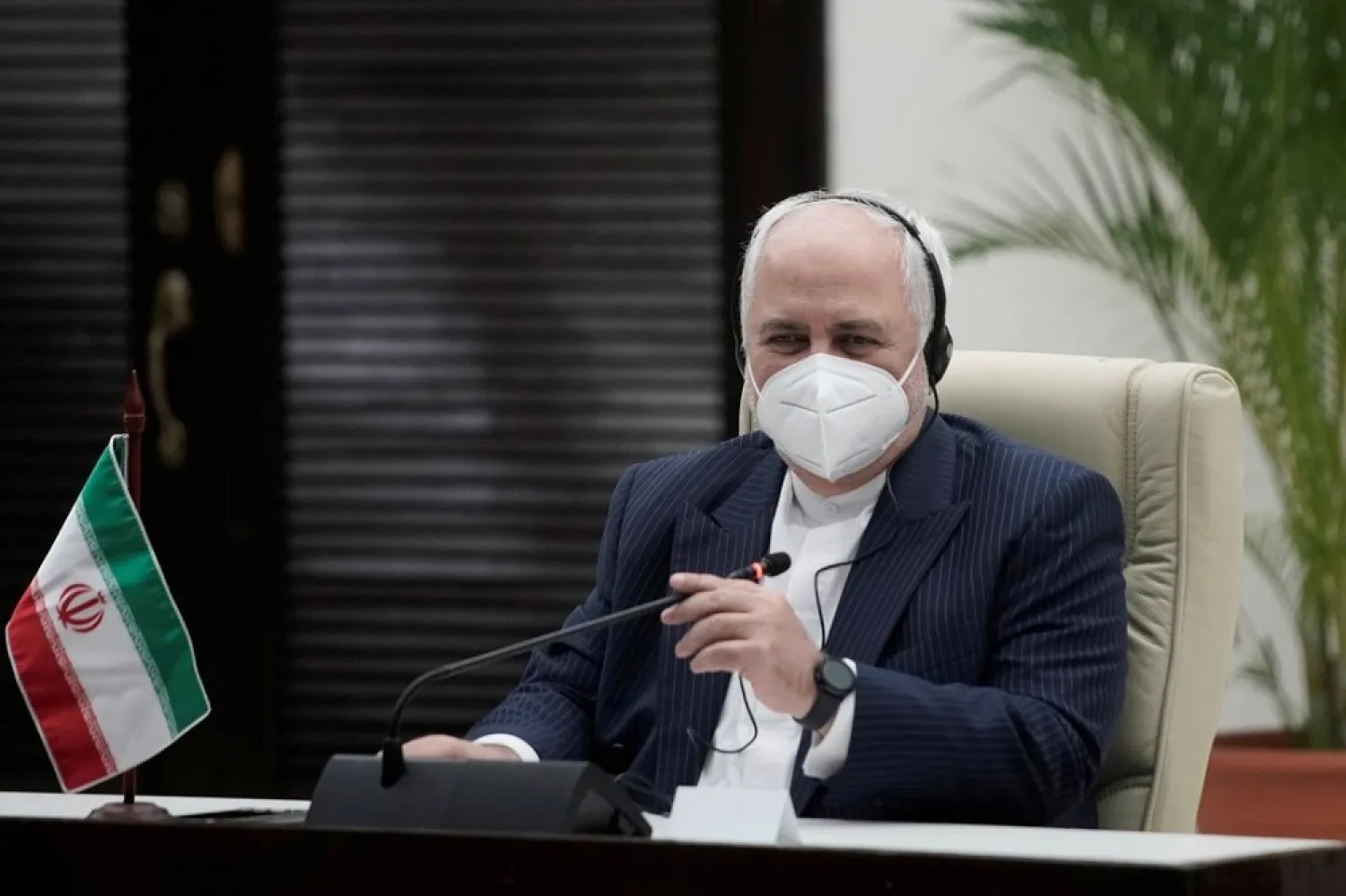Iranian Foreign Minister Mohammad Javad Zarif suggested a way on Monday to overcome the US-Iranian impasse over who goes first in returning to the 2015 Iran nuclear deal, saying a top EU official could “synchronize” or “choreograph” the moves.
Zarif’s stance was a shift from his position, expressed in a Jan. 22 article in which he said the United States should remove US sanctions before Iran returned to the deal.
“There can be a mechanism to basically either synchronize it or coordinate what can be done,” Zarif told CNN when asked how to bridge the gap.
Each government wants the other to resume compliance first with the agreement, which former US President Donald Trump abandoned in 2018 but which President Joe Biden as said he will rejoin if Iran resumed “strict” compliance.
Under the accord, Iran agreed to limit its nuclear program to make it harder for it to develop nuclear weapons in return for relief from US and other economic sanctions.
Zarif noted the pact created a Joint Commission coordinated by the European Union foreign policy chief, now Josep Borrell. Borrell “can ... sort of choreograph the actions” needed from both sides, Zarif told CNN.
The commission includes the EU and the seven parties to the deal: Iran, Britain, China, France, Germany, Russia and the United States.
After abandoning the deal, Trump reimposed US sanctions and imposed new US economic penalties on Iran.
Analysts said Zarif’s stance might lay the ground for talks on reviving the deal despite Iran’s prior insistence that the United States lift sanctions first.
“It is entirely unsurprising to me that we are hearing, amid a largely uncompromising position from the Iranians, occasional breadcrumbs that will enable them” to enter into a negotiation, said Suzanne Maloney of the Brookings Institution.









